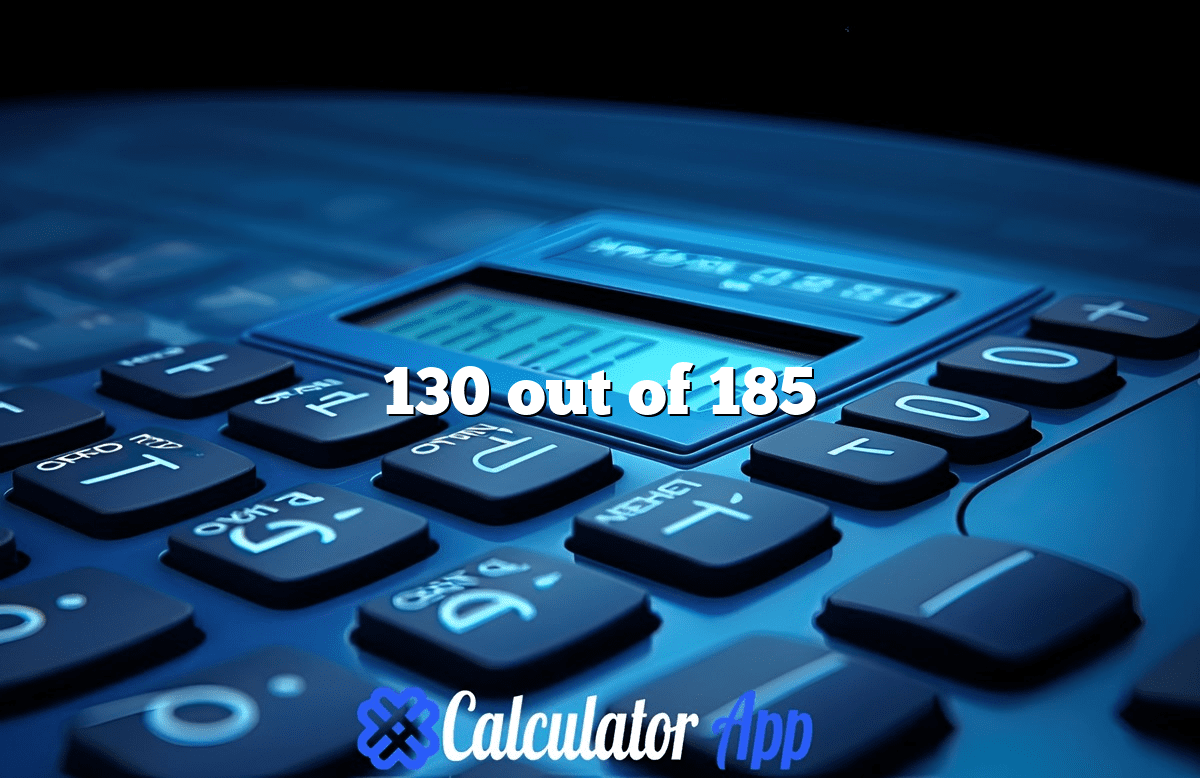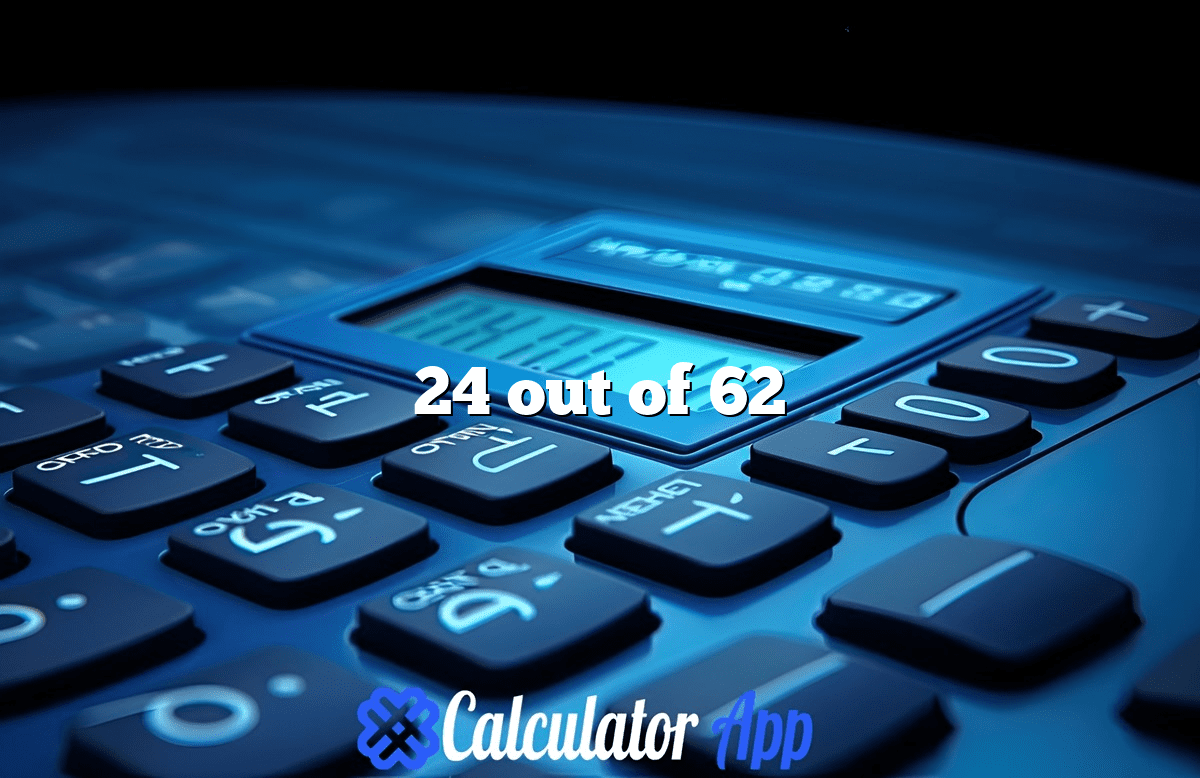2.7 GPA is a B- Letter Grade or 80–82%
GPA Converter
Understanding a 2.7 GPA: Significance, Implications, and Improvement Strategies
A 2.7 GPA (Grade Point Average) signifies a B- letter grade, translating to a percentage range of 80–82%. This GPA reflects the academic performance of students in high school and college, impacting their educational and career opportunities. While a 2.7 GPA is considered a decent performance, it may limit options for college admissions, scholarships, and job prospects. This comprehensive guide delves into the meaning of a 2.7 GPA, its importance, challenges students may face, and effective strategies for improvement.
What is a 2.7 GPA?
Definition and Scale
A 2.7 GPA indicates a B- average, part of a broader 4.0 GPA scale commonly used in educational institutions. Here’s how the grading scale typically breaks down:
| Letter Grade | GPA Value | Percentage Range |
|---|---|---|
| A | 4.0 | 90-100% |
| A- | 3.7 | 87-89% |
| B+ | 3.3 | 83-86% |
| B | 3.0 | 80-82% |
| B- | 2.7 | 77-79% |
| C+ | 2.3 | 73-76% |
| C | 2.0 | 70-72% |
| C- | 1.7 | 67-69% |
| D+ | 1.3 | 63-66% |
| D | 1.0 | 60-62% |
| F | 0.0 | 0-59% |
Calculation of GPA
A GPA is calculated by assigning points based on letter grades and weighting them according to the number of credits for each course. The formula for calculating GPA is:
GPA = (Total Grade Points) / (Total Credits)
For instance, if a student receives a B- (2.7) in a 3-credit course and a C+ (2.3) in a 4-credit course, the GPA can be calculated as follows:
- B- Course: 2.7 (GPA value) × 3 (credits) = 8.1 grade points
- C+ Course: 2.3 (GPA value) × 4 (credits) = 9.2 grade points
- Total Grade Points: 8.1 + 9.2 = 17.3
- Total Credits: 3 + 4 = 7
- GPA: 17.3 / 7 = 2.47
This example illustrates how different grades from courses contribute to the overall GPA.
Importance of a 2.7 GPA
College Admissions
For students applying to colleges, a 2.7 GPA is often viewed as a borderline case for admission. While many colleges accept students with a 2.7 GPA, particularly those with holistic admissions processes, competitive programs may prefer higher GPAs. This means students must showcase their strengths in other areas, such as extracurricular activities, personal statements, and letters of recommendation.
Scholarships and Financial Aid
Many scholarships and financial aid programs require a minimum GPA for eligibility. A 2.7 GPA may limit students’ access to merit-based scholarships, which often require a 3.0 GPA or higher. However, some programs may consider students with a 2.7 GPA if they demonstrate strong performance in other areas, such as community service or leadership.
Job Prospects
While GPA is not the sole factor in hiring decisions, it can impact job prospects for recent graduates. Some employers set a minimum GPA requirement for internships and entry-level positions. A 2.7 GPA might be viewed as average, which can be a disadvantage in a competitive job market. Thus, students should seek to build a well-rounded resume that includes internships, volunteer work, and relevant experience to enhance their employability.
Challenges of Maintaining a 2.7 GPA
Despite its significance, maintaining a 2.7 GPA can be challenging for many students.
Academic Pressure
Transitioning to higher education can be overwhelming, particularly for students who encounter more rigorous coursework and higher expectations than in high school. This academic pressure can lead to stress and anxiety, making it challenging to perform well.
Personal Responsibilities
Many students balance academic demands with personal responsibilities, including part-time jobs, family obligations, and extracurricular activities. Managing these commitments can be difficult and may contribute to lower academic performance.
Lack of Support
Students may not have access to adequate academic support resources, such as tutoring services or academic advising. This lack of support can hinder their ability to grasp challenging material, ultimately impacting their grades.
Motivation and Engagement
Some students may struggle with motivation and engagement, particularly if they feel overwhelmed or disconnected from their studies. A lack of interest in coursework can lead to disengagement, which may result in lower grades.
Strategies for Achieving and Maintaining a 2.7 GPA
While maintaining a 2.7 GPA can be challenging, students can implement several effective strategies to improve their academic performance.
Time Management
Managing time effectively is crucial for academic success. Here are some strategies for better time management:
- Create a Study Schedule: Develop a weekly schedule outlining classes, study sessions, work hours, and personal commitments. A visual representation of time can help prioritize tasks effectively.
- Set Priorities: Identify which tasks are most important and allocate time accordingly. Focus on high-impact assignments that contribute significantly to overall grades.
- Break Tasks into Smaller Steps: Large projects can feel overwhelming. Breaking them down into manageable steps makes the workload feel less daunting and more achievable.
- Utilize Tools and Apps: Consider using digital tools or apps for time management and organization. Calendar apps, to-do lists, and project management tools can help keep track of deadlines and assignments.
Active Participation in Classes
Engaging actively in classes can improve understanding and retention of course material. Here are some strategies for active participation:
- Attend Classes Regularly: Regular attendance is vital for grasping essential concepts and staying updated on assignments and expectations.
- Participate in Discussions: Engage in class discussions and ask questions to clarify uncertainties. Active participation can enhance learning and retention.
- Take Effective Notes: Develop a note-taking system that works for you, whether through handwritten notes, digital tools, or a combination of both. Well-organized notes can serve as valuable study aids.
Utilize Campus Resources
Many colleges and universities offer resources to support student success. Here are some resources to consider:
- Tutoring Services: Seek out tutoring services for subjects that are particularly challenging. Tutors can provide personalized assistance and clarify difficult concepts.
- Writing Centers: For written assignments, consider visiting the writing center for help with structure, grammar, and formatting. Writing centers can also assist with research papers and thesis development.
- Study Groups: Form or join study groups to collaborate with classmates. Discussing material with peers can provide different perspectives and enhance understanding.
- Academic Advising: Regularly meet with academic advisors to discuss academic goals and receive guidance on course selection and career planning.
Maintain a Balanced Lifestyle
Maintaining a healthy balance between academics and personal well-being is vital for long-term success. Here are some strategies for achieving balance:
- Exercise Regularly: Physical activity can reduce stress and improve focus. Aim for at least 30 minutes of exercise several times a week to promote mental clarity.
- Eat a Healthy Diet: Proper nutrition fuels both the body and mind. Incorporate a variety of fruits, vegetables, whole grains, and lean proteins into your diet to maintain energy levels.
- Practice Mindfulness: Incorporate mindfulness techniques such as meditation, deep breathing, or yoga to manage stress effectively. These practices can help improve focus and emotional well-being.
- Prioritize Sleep: Quality sleep is essential for cognitive function and overall health. Aim for 7-9 hours of sleep per night to ensure optimal performance.
Develop Strong Study Habits
Effective study habits can significantly impact academic performance. Here are some tips for developing productive study routines:
- Create a Designated Study Space: Find a quiet, comfortable place free from distractions where you can focus on studying. A dedicated study space can help improve concentration.
- Use Active Learning Techniques: Engage with the material actively by summarizing information in your own words, teaching concepts to others, or creating flashcards.
- Set Specific Study Goals: Establish clear objectives for each study session, such as mastering a particular concept or completing a set number of practice problems.
- Practice Regularly: Consistent practice helps reinforce learning. Review material frequently to enhance retention and understanding.
Seek Feedback and Adjust Accordingly
Regularly seeking feedback can provide insights into areas for improvement. Here’s how to approach feedback:
- Communicate with Instructors: Don’t hesitate to ask professors for feedback on assignments and exams. Understanding areas of weakness can help guide future study efforts.
- Reflect on Performance: After receiving grades, take time to reflect on performance. Analyze what worked well and what could be improved.
- Adjust Strategies: Be willing to adjust study strategies and techniques based on feedback and self-reflection. Flexibility is key to continuous improvement.
Conclusion
A 2.7 GPA represents a B- average, indicating a solid performance but also revealing areas for growth. Understanding the implications of a 2.7 GPA is essential for students as they navigate college admissions, scholarships, and job prospects. While it can be challenging to maintain a 2.7 GPA, implementing effective strategies such as time management, active participation, utilizing resources, maintaining a balanced lifestyle, and developing strong study habits can pave the way for success.
Students should recognize that academic performance is just one aspect of their educational journey. By staying proactive, seeking help when needed, and focusing on continuous improvement, achieving and maintaining a 2.7 GPA or higher is entirely possible. Education is a process of growth, and with dedication and effort, students can reach their academic goals and unlock future opportunities.






